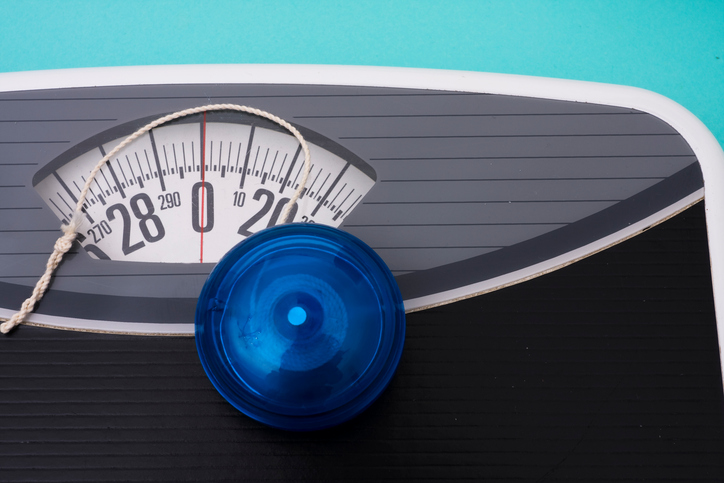3 Horrible Effects of Yo-Yo Diets and How to Break the Cycle
Article posted in: Diet & Nutrition
Familiar with the yo-yo diet? If you are, you might be afraid of it… and for good reason.
A date on the calendar might just be the most powerful motivator for people who want to lose weight. You have a special occasion coming up—a family wedding, a class reunion, a trip to the beach or some other important moment in your life—and you want to look your best. As the date gets closer, you can discipline yourself to eat as little as necessary, so you shed excess pounds rapidly.
Then the big day passes and you return to eating like you did before. The extra weight comes back (and even a bit more) until the next occasion that motivates you to lose.
The repetitive losing and gaining is known as “yo-yo dieting,” because like the child’s toy, your weight is perpetually rising and falling. Experts call it “weight cycling” and researchers have been finding that it’s especially damaging to your health in three critical ways.
3 Dreadful Effects of the Yo-Yo Diet:
1. Heart Attacks

Women who “weight cycle”—rapidly lose 10 pounds or more and then regain the pounds—have more than three times the risk of dying suddenly from a heart attack, compared to those that maintain a stable weight. At least that’s what a study presented at the American Heart Association’s Scientific Sessions 2016 revealed.
These researchers analyzed the weight patterns of more than 150,000 women for almost 11 and a half years. The researchers did not find an increase in deaths among women who reported that they lost weight without gaining it back, or even among those who gained weight but did not lose it!
2. Diabetes

Repeated weight fluctuations have been linked to a greater risk of developing “hyperinsulinemia” in a study published in the International Journal of Obesity. The researchers found that Japanese men, between the ages of 40 and 59, who repeatedly lost and regained excess pounds were more likely to become insulin resistant, which is a primary cause of the development of type 2 diabetes.
Hyperinsulinemia occurs when the pancreas cannot secrete the insulin required to maintain normal blood glucose levels.
3. Weight Gain

“Yo-yo dieting” is especially counterproductive, according to research published in the journal Nature, because it activates your body to burn calories sparingly and store as many of them as possible as fat. The scientists determined that crash diets alter the microbe-population in your digestive tract so that it stays in diet-mode even when you’re eating excessive calories.
That’s why you often hear that as much as 95 percent of people who crash diet regain the weight they lost within the next year. Although recent research from the National Weight Control Registry, among others, is showing that this percentage might not be quite as high, the threat still exists. The trick is in the approach.
The Solution

A Nutrisystem weight loss plan feeds you a steady supply of calories, as well as the key nutrients that help your body use them efficiently. You don’t deprive yourself to lose excess pounds—in fact, with your Nutrisystem plan, you may eat even more often than you’re accustomed to. You see immediate results (yes, in the first week!), and the weight comes off steadily, at a pace that’s sustainable and protects your overall health.
As you are losing weight and enjoying the satisfying meals and snacks from the Nutrisystem menu, you are also learning many new ways to prepare delicious, healthy foods on your own. You’re also becoming aware of proper portion size.
Just as important, you’re retraining your appetite to stop craving food when your body has the nourishment it needs. Nutrisystem plans are designed to help you manage your weight, breaking the cycle of “gain and loss” and avoiding the serious risks of “yo-yo dieting,” even after you are buying and preparing much of your food on your own.








